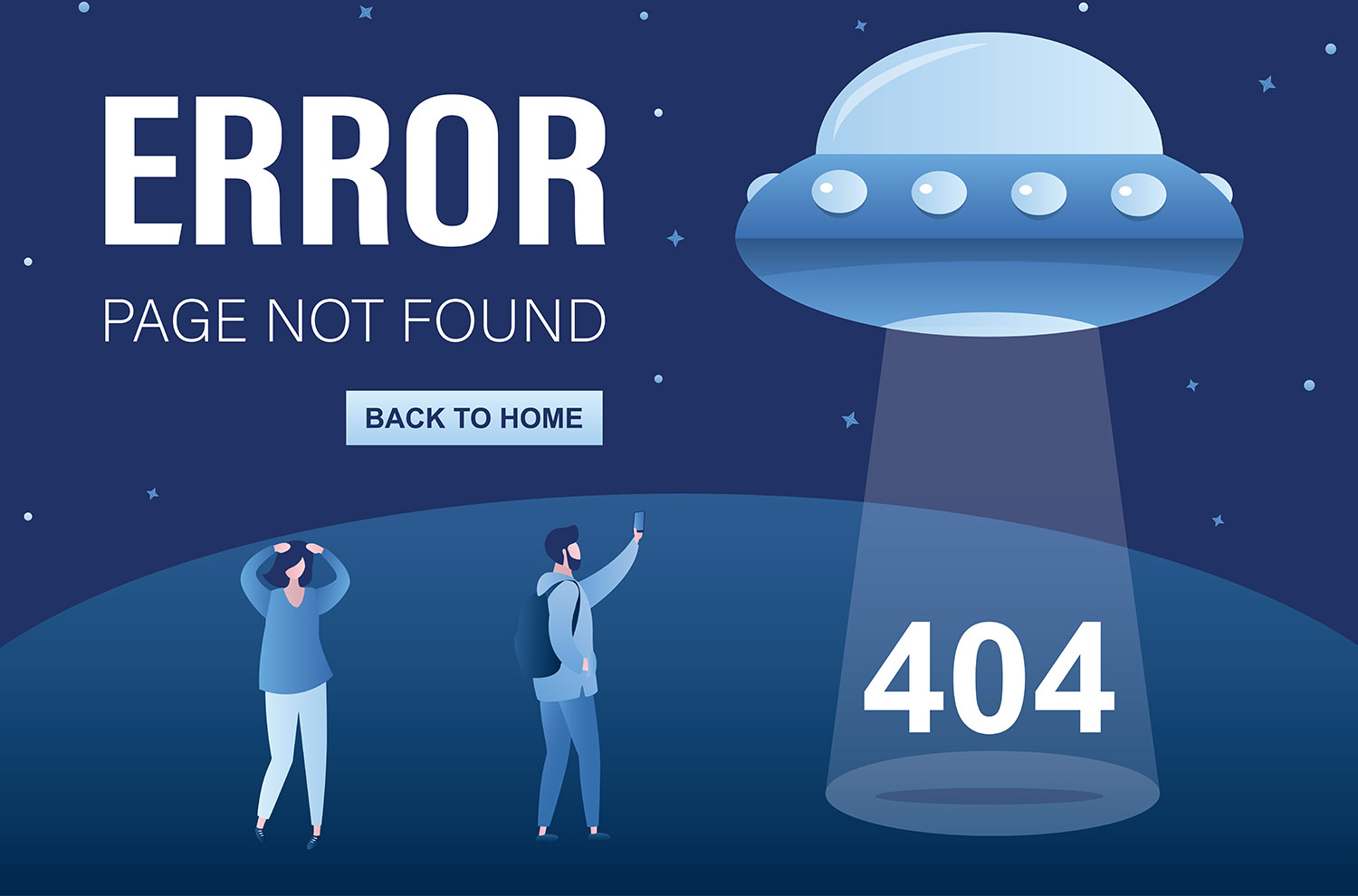DIY website projects can be a quick fix – and they can be. With many easy to reach resources AI, YouTube videos, and online forums, you no longer need to be a tech professional to build a website. Many popular companies like Wix, SquareSpace, and WordPress make it relatively easy for the general public to create a website using pretty pre-made templates and downloadable plugins.
That said, DIY website solutions are not suitable for every business and can come with a great deal of security and business risk. Like a home renovation gone sideways, it can be easy to get in over your head and find yourself in a situation that costs you more than hiring a professional.
We know. WSD had been in business for nearly 30 years and in that time we've 'rescued' more clients from bad situations than we can count. In fact, we receive so much business from WordPress rescues that we've dedicated an entire service area to WordPress Management.
Here are a few things to be aware of if you use an out-of-the-box website builder.
Security Risks
According to ZDNet.com, WordPress accounted for 90% of all hacked CMS websites. With an estimated market share of 40%, many businesses are at high risk of being hacked. Information security threats come in all shapes and sizes – from data breaches that compromise sensitive customer information to the newer trend of hijacking a website's search engine ranking and reputation to promote online scams.
"A new cybercrime gang has been seen taking over vulnerable WordPress sites to install hidden e-commerce stores with the purpose of hijacking the original site's search engine ranking and reputation and promote online scams." - ZDNnet.com
Are you wondering why hackers target WordPress with such vigor? WordPress'' popularity combined with the user type and core infrastructure designed to allow non-standardized plugins make the platform an easy target.
Popularity: Hackers often look for scalability and easy testing grounds. Because WordPress is the platform for so many websites – when a hacker discovers a vulnerability, they can easily replicate the hack across many websites.
Plug-Ins: WordPress is designed to allow additional pieces of software called third-party plugins. While this is an appealing aspect for many people that want the creativity and freedom to program, download, and install countless web parts – there is a downside to this functionality. Because anyone can program or create a plugin with no fundamental development standards, many plugins have inherent security vulnerabilities. Often plugins are programmed and not regularly updated by the developer, adding to functionality and security issues.
Updates & User Type: Between a set-it and forget-it mentality, the complexity of setting up proper security protocols, and performing routine software updates, the do-it-yourselfer user base is an appealing target for hackers. As websites grow and more plugins are added, software updates can break or disrupt a WordPress site – causing the less experienced admins to be cautious of performing updates. Like any piece of technology, keeping software up-to-date is essential to security and performance.
Brand Reputation
One of the first questions we hear from our WordPress rescue and management clients is, "What is the potential impact to my brand." While providing the precise impact to a company is often made intangible with hypothetical variables, the brevity is easy to articulate. The loss of online rankings, the direct loss of online sales if a site goes down, large-scale data breaches that compromise customer information, and the association of your brand with an online scam can substantially impact a companies' brand and bottom line.
It’s Not As DIY as it Appears
One of the top reasons people choose WordPress is the assumption that it's all DIY – and this is true to an extent. However, we've met many clients who have 'built themselves into a corner' and now can't make changes or even add links. For many people, it can be tempting to add a bunch of plugins to a WordPress site. However, it can be easy to end up with a tangled mess of plugins that requires in-depth technical expertise to resolve.
Know the Options: Like any business decision, it's essential to be aware of potential risks and benefits when weighing options and preparing for the future. WordPress and other out-of-the-box website platforms are great options for those with the technical skill to secure and maintain a website or those who use it for simplistic purposes.
Here to Help: While we take pride in our security-centric open-source LAMP stack CMS framework, we also understand our clients' diverse needs and the vast market share WordPress has in the web development space. As a result, we offer agile best-in-class hosting and managed services for those in need of maintaining their existing WordPress sites. We also provide regular updates on all platforms and plugin versioning to ensure that your WordPress site is as secure as possible at all times.
Whether you are ready to make the switch to a custom CMS, need help rescuing your website from security threats, or want to talk about hosting or managed services – we are here to help.
WebSight Design Services
API DevelopmentContent Creation Content Management System Digital Marketing E-Commerce Development E-mail MarketingHosting Lead Generation Project Management Website Design Website Development Website MaintenanceWordPress Management





